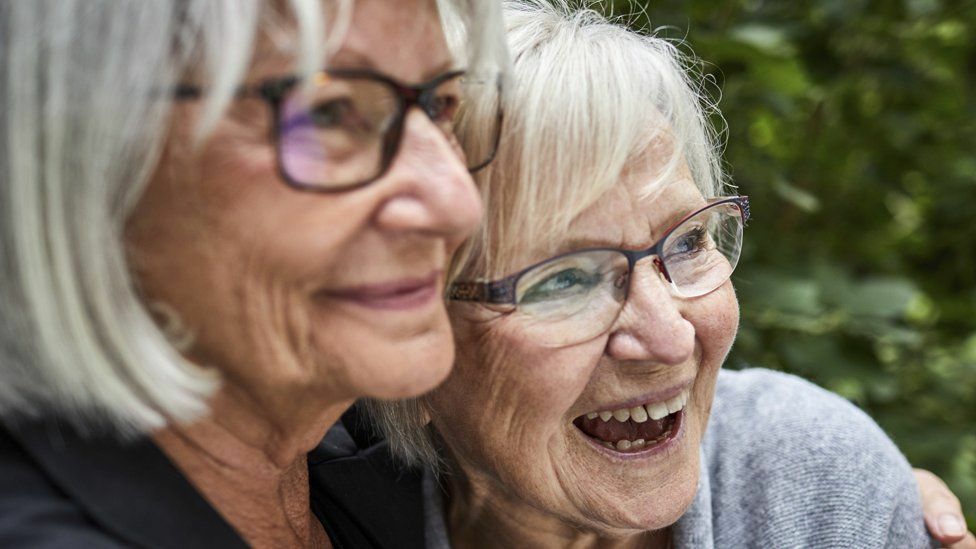UK expands pardon scheme for same-sex convictions to include women

The UK government has expanded its Disregards and Pardons Scheme, enabling women convicted of offences relating to same-sex activity to apply for the removal of their convictions. Launched in 2012 for England and Wales, the scheme initially only applied to men and specific offences. Now, anyone convicted or cautioned under former laws related to same-sex activity can submit an application. While the move has been welcomed by charities, some argue that pardons should be granted automatically.
Homosexuality was partially decriminalised in 1967. Although lesbians were not explicitly outlawed in the same manner as gay men, they were occasionally punished for same-sex activity under indecency laws. The government is unable to estimate the number of eligible women, and applications will be considered on a case-by-case basis. Offences that were sometimes used to criminalise behaviour between gay men, such as “solicitation by men,” will also be included in the scheme, according to the Home Office. However, pardons will only be granted if certain criteria are met, for example, if the sexual activity would not be considered an offence today.
Home Office data reveals that only 208 people have successfully applied for a pardon since 2012, while over 400 applications have been rejected due to the convictions not being covered by the scheme. Jo Easton, chief executive of Unlock, a charity for individuals with criminal records, said the expansion was “an important step.”
“We firmly believe people should not have to apply to have their record wiped of things that are quite rightly no longer offences,” she said.
Successful applicants will have their convictions deleted from official records and will no longer be required to disclose them during court proceedings or job applications. Safeguarding Minister Sarah Dines hopes this will help “right the wrongs of the past.” Those who may be eligible can apply online.
Latest Thailand News
Follow The Thaiger on Google News:
























